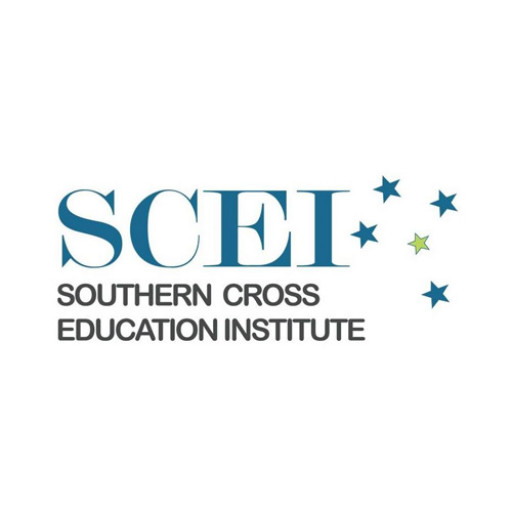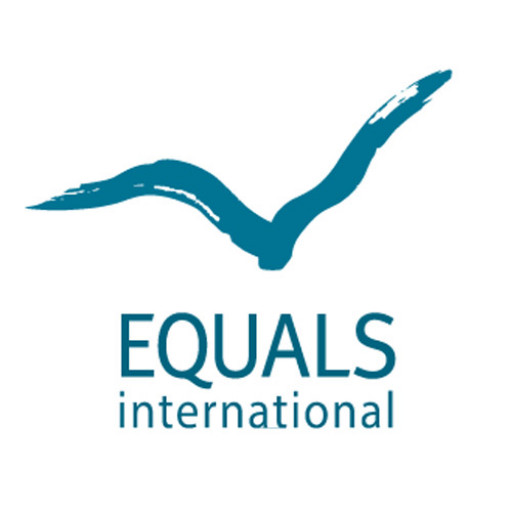The Nursing program at Southern Cross Education Institute is designed to equip students with the comprehensive knowledge and practical skills necessary to excel in the dynamic and compassionate field of healthcare. This program provides a robust foundation in the core principles of nursing, including anatomy, physiology, pharmacology, health assessment, and clinical practice. Throughout the course, students will engage in both theoretical learning and hands-on clinical training, allowing them to develop critical thinking, effective communication, and patient-centered care skills essential for diverse healthcare settings.
The curriculum is carefully structured to meet industry standards and prepare graduates for registration as professional nurses. It emphasizes the importance of ethical practice, cultural sensitivity, and lifelong learning to adapt to the evolving demands of healthcare environments. Students will have opportunities to learn from experienced practitioners and participate in simulated clinical scenarios, honing their abilities to deliver safe and effective patient care across a range of medical conditions and age groups.
Upon completing the program, graduates will be qualified to work in various healthcare settings such as hospitals, community health services, aged care facilities, and clinics. They will be equipped to provide comprehensive nursing assessments, management plans, and health promotion activities. The program also prepares students for further study opportunities, advanced practice roles, and specialization within nursing.
Southern Cross Education Institute’s Nursing program is committed to fostering a supportive learning environment that encourages professional growth and lifelong commitment to excellence in healthcare. With a focus on practical skills and theoretical knowledge, graduates will be well-prepared to meet the challenges of modern nursing practice and make meaningful contributions to the health and wellbeing of individuals and communities.
The Nursing program at Southern Cross Education Institute offers a comprehensive and practical curriculum designed to prepare students for the dynamic and rewarding field of healthcare. This program combines theoretical knowledge with hands-on clinical experience, enabling students to develop essential skills required for effective patient care. Students will explore core areas such as human anatomy and physiology, microbiology, pharmacology, mental health, and healthcare ethics, ensuring a well-rounded understanding of nursing practices. The program emphasizes evidence-based practice, critical thinking, and compassionate care, fostering the professional growth of future nurses. Through simulations, laboratory work, and clinical placements in real healthcare settings, students gain invaluable practical experience under the supervision of experienced healthcare professionals. The curriculum also incorporates training on communication skills, cultural competence, and healthcare policies to prepare students for diverse patient populations and ever-changing healthcare environments. Graduates of the program will be eligible to work as registered nurses, providing foundational healthcare services across various settings, including hospitals, clinics, aged care facilities, and community health organizations. The program is designed to meet accreditation standards and is regularly updated to reflect current developments in nursing and healthcare. With a focus on student support and ongoing professional development, Southern Cross Education Institute aims to produce competent, ethical, and empathetic nursing graduates who are ready to make a positive impact on community health and well-being. Upon completion, students will be equipped with the necessary qualifications, practical skills, and confidence to excel in their nursing careers and pursue further educational opportunities if desired.
Program requirements for the Nursing diploma at Southern Cross Education Institute include a combination of academic prerequisites, clinical practice, and competency assessments. Applicants must possess a completed secondary education qualifying them for university entrance, such as high school graduation or equivalent certificates. No specific prerequisite subjects are mandated, but a background in sciences such as biology or health studies is advantageous. Candidates are typically required to demonstrate proficiency in English, often through standardized tests like IELTS or TOEFL, with minimum score requirements determined by the institute's admissions policies.
Prospective students must also undergo a preliminary health screening, including immunizations and background checks, to ensure they meet health and safety standards essential for clinical placements. As part of the application process, applicants are often asked to submit personal statements or letters of motivation explaining their interest in nursing and their career aspirations in healthcare. References from previous educators or healthcare professionals may be required to attest to the applicant's suitability for a demanding clinical program.
Once admitted, students are expected to complete coursework covering foundational nursing theories, medical-surgical nursing, pharmacology, anatomy and physiology, and health promotion. The program emphasizes the development of practical skills through supervised clinical placements in hospitals, aged care facilities, and community health settings. Successful completion of these placements is essential for progression through the program and eventual registration as a registered nurse.
Assessment methods include written examinations, practical skill demonstrations, case studies, and reflective journals. Students must demonstrate competency in patient care procedures, communication, ethical practice, and evidence-based decision-making as defined by national healthcare standards. Ongoing performance evaluation during clinical placements is conducted by qualified educators and mentors to ensure competence and safety.
Graduates who meet all academic, clinical, and ethical requirements are awarded a Diploma of Nursing, which qualifies them to apply for registration with the Australian Health Practitioner Regulation Agency (AHPRA). This registration is mandatory to practice as a registered nurse in Australia, and students are advised to familiarize themselves with the AHPRA registration process and ongoing professional development obligations.
Additional requirements may include participation in orientation sessions, compliance with the institute's code of conduct, and adherence to health and safety protocols. International students, if applicable, may also need to provide proof of visa eligibility and meet specific international student health requirements. Overall, the program is designed to ensure that graduates possess the necessary knowledge, skills, and ethical grounding to deliver high-quality nursing care in diverse healthcare environments.
The Southern Cross Education Institute offers various financial assistance options for students enrolled in the Nursing degree program to support their educational journey and reduce financial barriers. Funding opportunities include government student loans, such as the Australian student financial aid systems, which may cover tuition fees and living expenses for eligible students. Additionally, students can explore scholarship options provided by the institute or external organizations aimed at supporting nursing students, including academic excellence scholarships, need-based grants, and specialty-specific bursaries. The institute may also offer payment plans that allow students to spread out their tuition payments over the semester or year, making education more accessible. Some students might qualify for external financial support programs, including community or employer-sponsored grants, depending on their circumstances and employment background. For international students, tuition fees are generally payable upfront, though some financial assistance options might be available through third-party providers or private loans. It is recommended that prospective students consult the institute’s admissions office or financial aid department to obtain detailed, up-to-date information about available financing options, eligibility criteria, application procedures, and deadlines. Overall, the Southern Cross Education Institute endeavors to make nursing education accessible to a diverse range of students by providing comprehensive financial support options designed to facilitate their academic success and career development in the healthcare industry.
The Diploma of Nursing offered by Southern Cross Education Institute is a comprehensive qualification designed to prepare students for a career in the healthcare industry as a registered nurse. This program provides students with the fundamental skills and knowledge necessary to deliver quality patient care in a variety of healthcare settings, including hospitals, community health centers, aged care facilities, and clinics. The curriculum covers essential areas such as anatomy and physiology, psychology, pharmacology, nursing practice, and health assessment, enabling students to develop a strong foundation in nursing principles and practices.
Throughout the course, students engage in both theoretical learning and practical clinical placements, which are integral to gaining real-world experience and developing clinical competence. The training emphasizes the importance of compassionate, ethical, and culturally sensitive care, aligning with industry standards and best practices. Students are taught to work effectively within multidisciplinary teams, communicate clearly with patients and their families, and adhere to strict health and safety protocols.
The program is designed to meet the requirements of the Australian health sector and prepares graduates to register with the Australian Health Practitioner Regulation Agency (AHPRA) as a registered nurse. It typically spans over a specified duration, combining classroom-based learning, simulation activities, and supervised workplace placements to ensure graduates are well-equipped to handle the demands of the nursing profession.
Upon completion, graduates are qualified to seek employment in diverse healthcare environments and to further their education through advanced nursing studies or related health disciplines. The program also emphasizes the development of professional attributes such as critical thinking, problem-solving, and ethical decision-making, which are vital in providing high-quality healthcare services.
Southern Cross Education Institute is committed to delivering a student-centered learning experience with support services to help students succeed academically and personally. They collaborate with hospitals and healthcare providers to facilitate clinical placements and ensure the curriculum remains current and aligned with industry needs. The institute also provides skills workshops, career advice, and ongoing professional development opportunities to support graduates throughout their careers in nursing.
Overall, the Diploma of Nursing from Southern Cross Education Institute offers a pathway into the dynamic and rewarding field of nursing, equipping students with the practical skills, theoretical knowledge, and professional attributes required to make a positive difference in people's lives.








